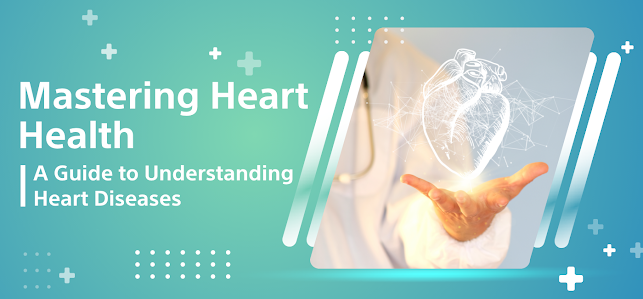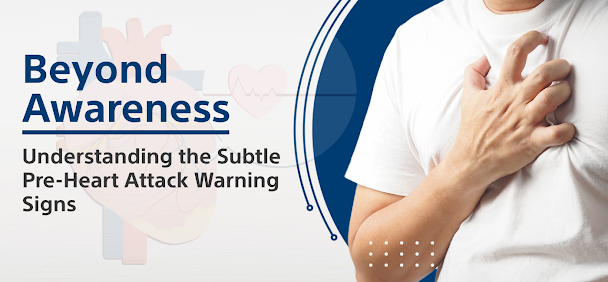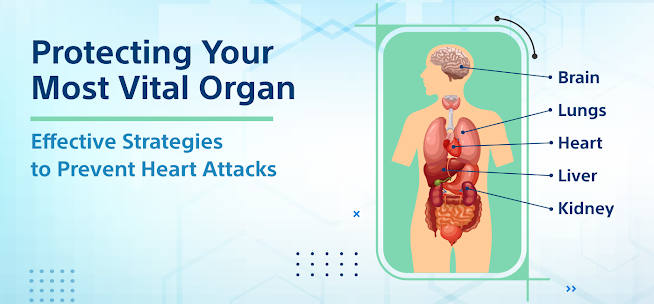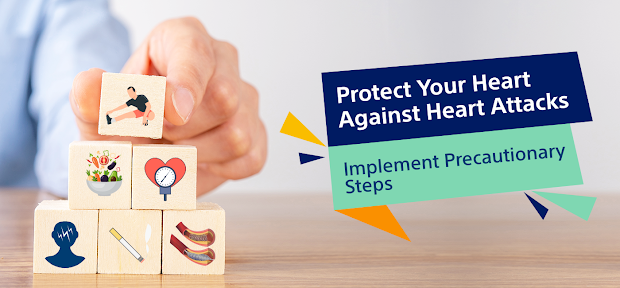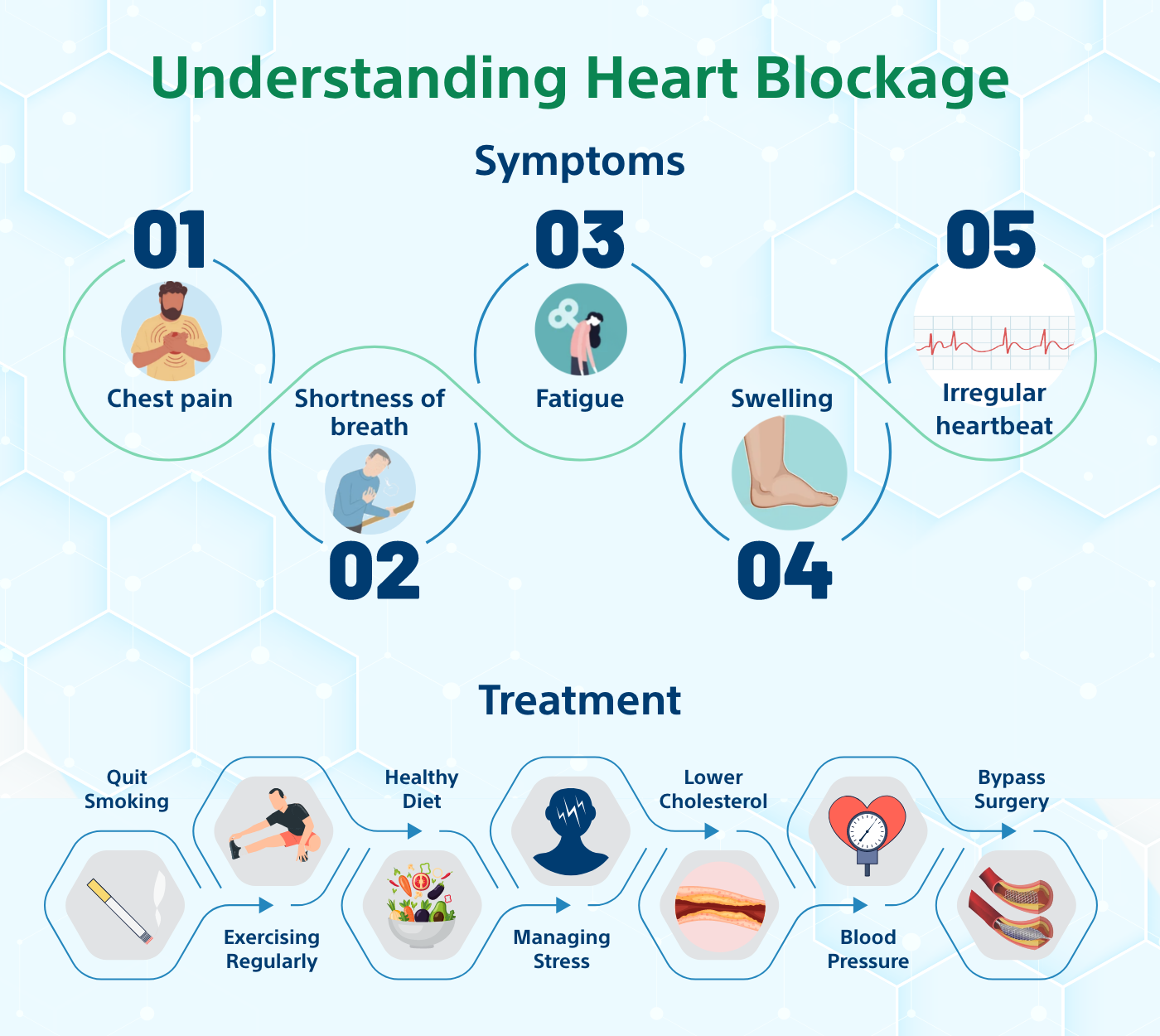Precision in Practice: Exploring the Intricacies of Rotational Atherectomy Procedures
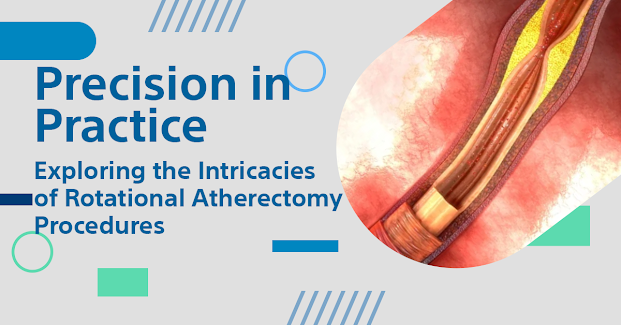
Over the range of methods and clinical operations accessible, rotational atherectomy is outstanding for its accuracy and efficiency in managing complex coronary artery disease. In this concise guide, we raise the curtain on the Rotational Atherectomy Procedure, shedding light on its intricate nature and possible risks. The Mechanics of Rotational Atherectomy Atherectomy comes out as a process of rotation due to its mechanical nature. Plaque debulking, or rotational atherectomy, uses a high-speed catheter with modified and ablated calcified plaques within the coronary artery. This technique aims to reopen the vessel, thus promoting effective stent implantation in situations where a regular angioplasty may not be entirely sufficient. The process starts with the placement of a guiding catheter into the coronary artery under fluoroscopic guidance. Upon posting, a specific guiding wire which is furnished with a diamond-coated burr after that transect across the lesi...
